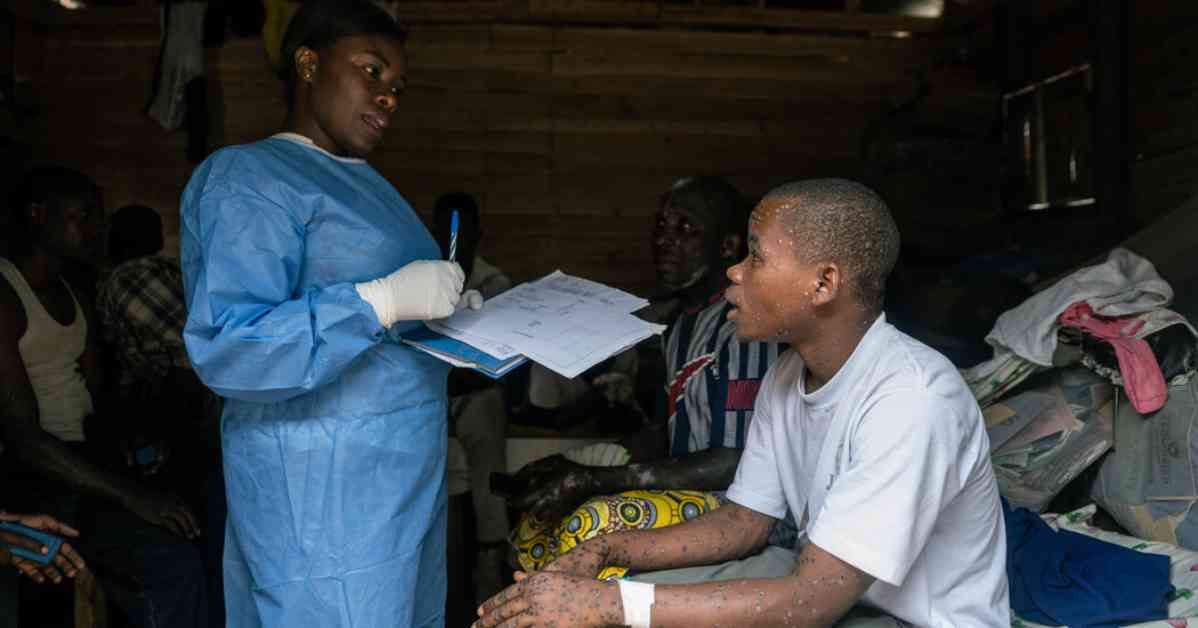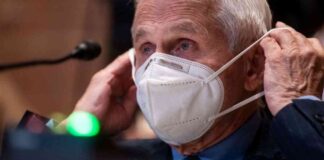Challenges in Diagnosing and Treating Mpox in Congo
The Democratic Republic of Congo is currently facing a significant health crisis with the outbreak of a mysterious disease known as Mpox. Health officials in the country are struggling to diagnose cases and provide basic care to those affected by the virus. The lack of essential tools for vaccines, tests, and treatments has further complicated efforts to contain the outbreak.
One of the major challenges faced by health officials in Congo is the limited capacity to diagnose cases of Mpox. As the transmission of the disease continues to evolve and the presentation of symptoms changes, it has become increasingly difficult to trace contacts and accurately determine the scale and spread of the outbreak. This lack of diagnostic capabilities hampers the country’s ability to effectively respond to the crisis.
Moreover, Congo lacks effective antiviral treatments for Mpox, leaving healthcare providers with limited options to manage the disease. The shortage of medications required to treat individuals with Mpox lesions further exacerbates the situation. The fragile public health system in the country is struggling to provide infected individuals with basic care, which has been shown to improve survival rates even in the absence of antiviral drugs.
Need for Vaccines and Protective Measures
In addition to the challenges in diagnosis and treatment, Congo is also awaiting the availability of vaccines to combat the spread of Mpox. Vaccines are essential to protect healthcare workers and close contacts of infected individuals, as well as to prevent further transmission of the virus. The lack of access to vaccines poses a significant barrier to controlling the outbreak and highlights the urgent need for international support and resources.
Dr. Jean-Jacques Muyembe-Tamfum, the director of the National Institute of Biomedical Research in Kinshasa, expressed frustration with the lack of assistance in understanding and managing the Mpox outbreak. Despite the emergency declaration from the World Health Organization in 2022, the country has not received the necessary support for surveillance and containment efforts. This underscores the importance of global collaboration and solidarity in addressing public health emergencies like the Mpox outbreak.
Impact on Healthcare System and Communities
The Mpox outbreak in Congo has put a significant strain on the country’s healthcare system and communities. The lack of resources and infrastructure has made it challenging to provide adequate care to those affected by the virus. Healthcare workers are facing immense pressure to treat patients with limited tools and support, further compromising the quality of care.
Moreover, the spread of Mpox has created fear and uncertainty among the population, leading to social stigma and discrimination against individuals with the disease. This has further strained community relations and hindered efforts to contain the outbreak. The lack of public awareness and education about Mpox has also contributed to misconceptions and misinformation, complicating the public health response.
In conclusion, the Mpox outbreak in Congo highlights the critical need for enhanced global health preparedness and response mechanisms. The challenges faced by the country in diagnosing, treating, and preventing the spread of the virus underscore the importance of investing in public health infrastructure and building resilient healthcare systems. Collaboration between governments, international organizations, and local communities is essential to effectively address emerging infectious diseases like Mpox and prevent future health crises.


















